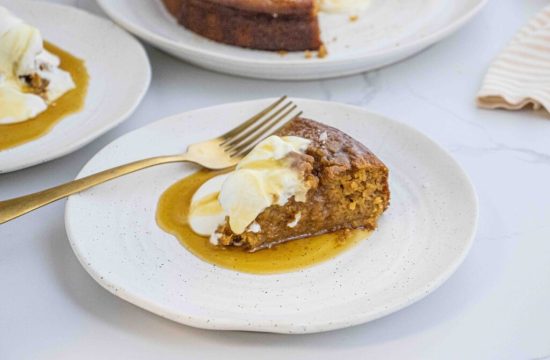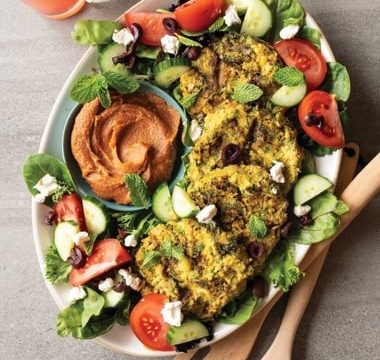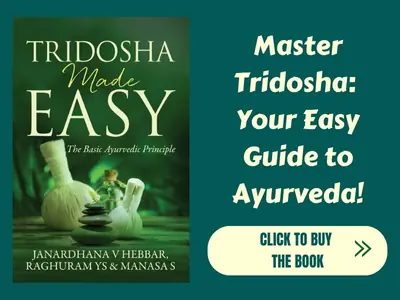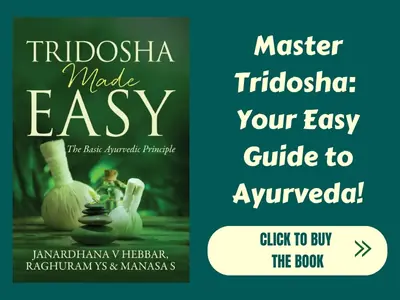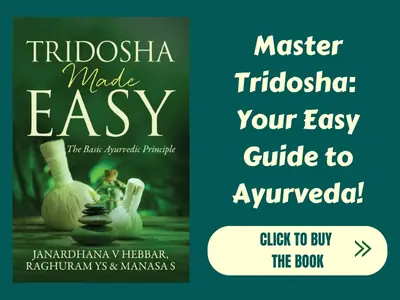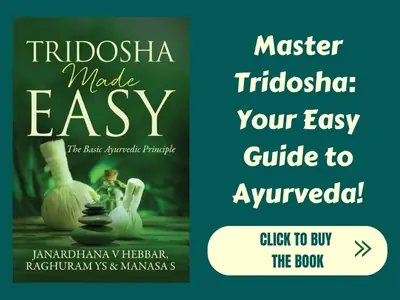
Welcome to Next Gen Natural, a column where we share a Gen Z perspective on natural health and wellness. I’m Michelle—alive’s Digital Assistant and creator of the Healthy Num Num food blog. I love healthy living and want to inspire you to integrate wellness into all parts of your life, regardless of your age.
From fitness fads to nutritious recipes, TikTok is the latest hub for health and wellness content. Even though plenty of the content on TikTok may be harmless entertainment, caution is needed when seeking out fitness and nutrition advice. Some videos contain misinformation, which can have a potentially dangerous influence on Gen Z—the app’s most prominent age group.
Though these health trends may seem appealing, much of what users are sharing is not backed by research and could be more harmful to your health than helpful.
01
Dry scooping pre-workout powder
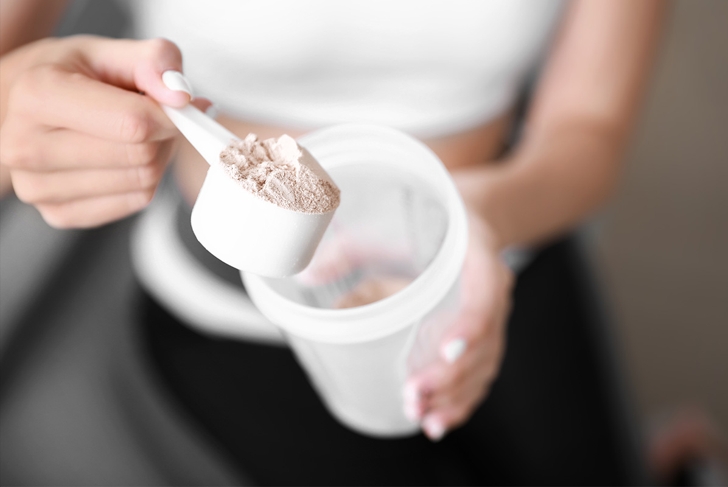
Common among athletes and gym-goers, dry scooping pre-workout powder means swallowing a scoop of powder all at once instead of mixing and drinking it with water. Some claim that dry scooping can help your body absorb the energy-boosting powder faster, thus resulting in a better workout—but these claims are not research backed. Taking the powder this way not only creates a choking hazard, but also increases the risk of accidentally inhaling it into your lungs and nasal passages. In some cases, this can lead to inflammation or an infection.
Instead, try dissolving the powder with the intended 8 to 12 oz of water for a safer and still effective burst of energy. You can also get energized for your next activity by seeking out natural energy boosters, such as matcha, or even simply drinking more water, which energizes your muscles and helps fight fatigue.
02
Watching “What I eat in a day” videos
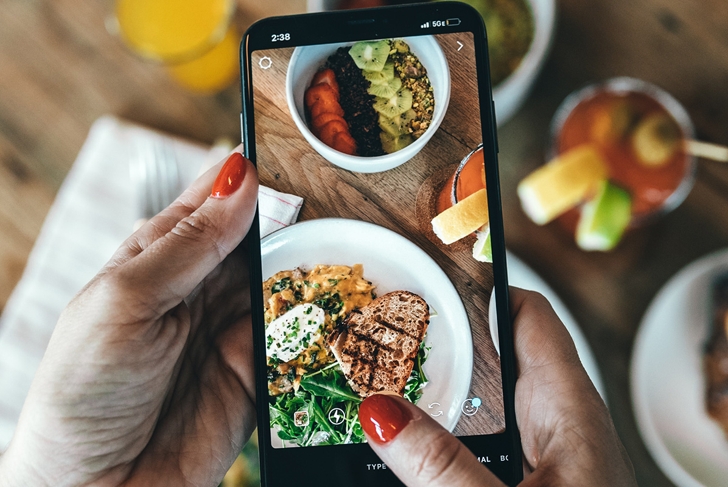
The #WhatIEatInADay hashtag has over 17 billion views on TikTok consisting of short-form videos from users recording the meals, snacks, and drinks that they consume in a day. The problem with these videos? They generally begin with a clip of the user showing their body followed by meals with their portion sizes, calorie intake, and exercise details, which can promote unrealistic eating standards. While some watch these videos to find recipe inspiration, it can be easy to start comparing what you eat to others. This can be problematic because everyone’s body, nutritional needs, and preferences are different.
If you’re looking for new meal ideas, search for videos with different keywords, such as “balanced plant-based dinners” and “healthy filling snacks,” or view some tasty and nutritious recipes on alive.com.
03
Eating nature’s cereal for breakfast
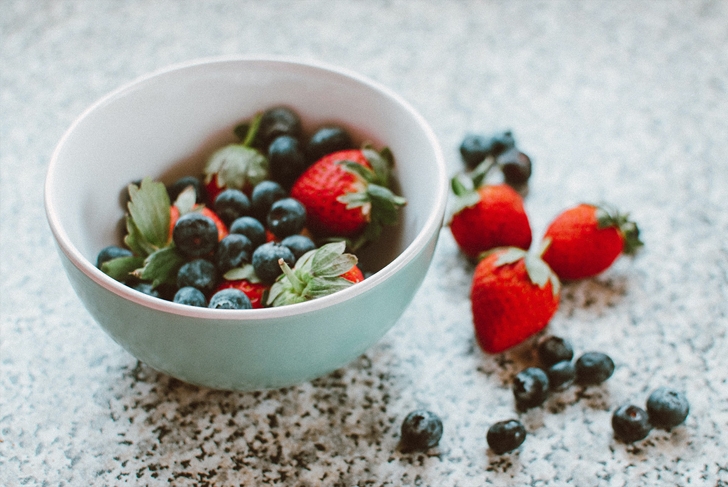
This simple recipe is a twist on conventional cereal made with pomegranate seeds, blueberries, and strawberries and has been promoted on TikTok as a healthy breakfast option. Coconut water is used instead of milk, and a few ice cubes and mint leaves are optional add-ins. However, this fruit bowl is better enjoyed as a light snack than as a meal, as it lacks enough important nutrients like protein, fiber, and fat, which give your body energy for the day and make you feel full.
To make this a balanced breakfast, add a protein source such as a side of Greek yogurt, and a healthy fat such as a spoonful of hemp or chia seeds.
04
Trying the 75 Hard Challenge

This program is an intense challenge made to improve one’s mental and physical health. It mainly consists of completing two 45-minute workouts, drinking four and a half liters of water, and reading 10 pages of a non-fiction book each day for 75 days, as well as following a diet of your choosing without consuming alcohol. While your healthy eating habits or fitness levels may improve after completing this challenge, it’s geared toward athletes and not suitable for everyone, especially if you are just starting your health and wellness journey.
Still feel like challenging yourself? Another program called the 75 Soft Challenge is a more realistic and achievable plan. It involves eating well, only drinking alcohol on social occasions, and exercising for 45 minutes six days a week with one day left for active recovery, as well as drinking three liters of water and reading 10 pages of any book each day.
05
Drinking lemon coffee for weight loss

Made with a cup of black coffee and the juice from half a lemon, this concoction is claimed by some TikTok users to aid in weight loss. Even though both coffee and lemons have individual health benefits, there is no sufficient research to back up this weight loss theory from combining the two.
Unless you like the taste of lemon juice in your coffee, enjoy your morning cup of joe as you regularly would. And if your personal goal is to manage your weight, make sure to consult with a health practitioner.




